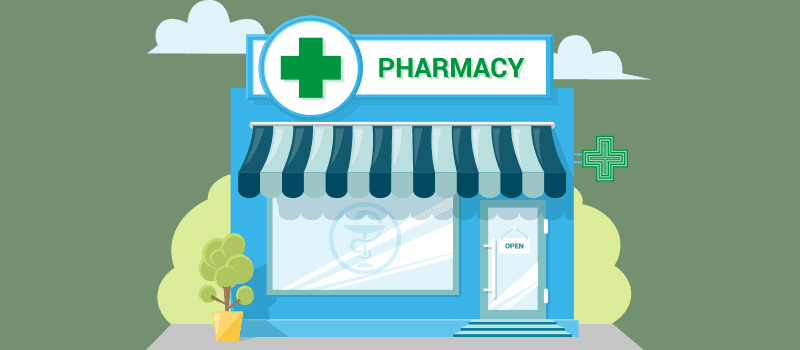Why I left a Rewarding Pharmacy career for Med School

Prior to medical school, I worked in a psychiatric hospital as a specialist mental health Clinical Pharmacist. My journey to Medical School started abruptly and, in large, was rooted in my drive to provide more hands-on care. I remember one defining experience while I was locuming in a community pharmacy on a quiet weekend shift when a mother rushed in, visibly distressed about her young daughter’s unrelenting migraines. As she explained, I felt uneasy due to a concerning pattern: her daughter was otherwise healthy, young, on the combined oral contraceptive pill, and her migraine was persistent since onset and unaffected by any pain relief. Without any other symptoms, her history had multiple red flags. I quickly urged her to go to the hospital and request for some scans to be done. I didn’t think much of this experience, and as time went by, I was contacted by the manager one day. The manager told me a patient had come in looking for me and said she would return on my next shift after 2 weekends. When I attended the shift, I saw the same mother that had presented previously; when I greeted her, I offered to go into the consultation room to speak to her, and she began to cry and thank me profusely. She explained the scans had revealed a brain tumour. Retrospectively I do wonder if this was merely due to luck that I noticed a pattern but I could not help but wish I was able to offer more support for this patient.
This was one of many moments where I felt the limitations of my role as a pharmacist. I felt I was not utilising the knowledge, the clinical understanding of conditions, medications, risk factors, and care pathways; but my input ended where patient consultations often began. While this was the case in community settings; in the hospital, my place in the healthcare team allowed me to contribute, but only so far. My experiences within the multi-disciplinary team (MDT) showed me the immense difference comprehensive involvement could make. Each member brought a unique perspective to patient care. When these perspectives aligned, the result was not just effective treatment but a holistic approach that addressed the whole person behind the illness. Seeing this firsthand made me realize how much more I wanted to do in the way of patient care.
The experience of being part of the MDT was incredibly gratifying. I saw the profound value of approaching patient care from all angles: mental health, physical symptoms, lifestyle, family history, and more. In GP practice, for instance, I would work with GPs, nurses, and other specialists to discuss complex cases, but these instances were rare, and often, we worked very independently. Within this team, my role remained confined; I was left wanting to provide continuous care—to diagnose, follow up, adapt treatments, and see patients through each phase of recovery.
This desire solidified over time. I realized that my clinical knowledge and dedication to patient care would only be fully realized through a medical career. I’ve worked in multiple settings, from primary to tertiary care, adapting to each patient’s needs and navigating various healthcare challenges, including pandemic pressures. My time spent working nights, weekends, and under high-stress conditions taught me resilience and adaptability. But even in these moments, where the pressure often made me my best, I felt like my potential was limited. I wanted to be a part of every step in patient care, not just the points where medication was needed or consultations were scheduled.
Choosing to pursue medicine is about breaking free of these limitations. It’s about fully utilizing my skills, embracing a hands-on role, and being the person patients rely on for their entire journey through the healthcare system. My experience as a pharmacist gave me insights and skills that have prepared me for this path. Still, it also fuelled a desire to go beyond—to treat patients holistically, not just at a distance, and to work side-by-side with them, guiding them through the tough moments and their recovery.
